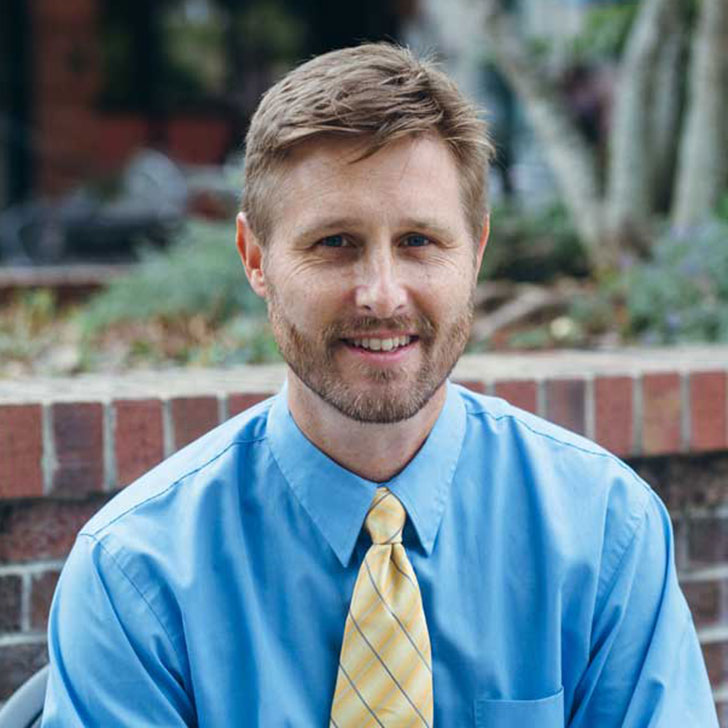The Big Takeaway from This Year’s WordCamp
The Monday after a WordCamp is a mixed bag. There’s certainly a sense of relief and exhaustion. There could be a bit of that not-so-worthy feeling after attending some of the developer track sessions.
But none of those feelings overshadow a sense of inspiration and renewal. If the tally on the WordCamp website is correct, there have been 583 WordCamps thus far, and what an amazing feat each of those events is.
This year was the first time I’ve volunteered to be part of a WordCamp organizing committee. From the outset, when we started planning WordCamp Asheville early in February, I was startled by the amount of work members on this team were contributing to this undertaking.
When it was all said and done, I don’t think I put in a tenth of the time others on the committee devoted to ensuring it was the best WordCamp ever. (I’m looking at you Lisa, Lydia, Cameron, John, Boomer, Julien, Laurel, Rich, Sarah, Denise, and so many others.) These wonderful people have jobs, families, babies, mortgages, cats, dogs, etc., but they put in hours and hours of work each week planning the speaker dinner, designing tons of signage, selecting and scheduling sessions, building out the website, and packing hundreds of swag bags. (Love my beer glass, guys.) And it all paid off in a big way.
Spark. Create. Collaborate.
The theme for this year couldn’t have been more appropriate. Late last year, WordPress 4.4 was a major milestone release. The ongoing integration of the REST API into the software has large implications for both the future of WordPress and this little thing we call the Internet. How we communicate and tell our stories online is about to go bananas. So the “Create” aspect of this year’s theme is fairly obvious.

But it’s the relationship between this burst of innovation and that “Collaborate” tag that really struck me as I walked out of my last session on Sunday. Everyone’s experience at a WordCamp is surely different. Much hinges on what your role and skill level is with WordPress, as well as which sessions you choose to attend.
For me, my takeaway from the event began to solidify as early as Jack Lenox’s keynote on Saturday morning. He spoke about the importance of open-source software not only in its contributions to innovation but also in how it serves as an excellent model for what community building can achieve.
Accessibility
There were also several talks focused on the importance of accessibility. Michael Mizner, Jeremy Proffitt, and others spoke about the need for vigilance in striving for an online world that’s available and usable for all, whether it’s someone surfing sites on the latest and greatest smartphone, a vision-impaired user on a screen reader, or someone in a rural, impoverished area still on dial-up.
The moral I gleaned from the story is that, whether you’re a front-end Javascript expert, a graphic designer, or a copywriter, we as web professionals have a responsibility to balance our need to prove what we can do against who we might be squeezing out of this online community in the process. We do this by adding unnecessary bells and whistles, by writing inaccessible code, or building sites that take too long to load.
In short, it might look fancy and work great, but who are we sacrificing in our quest for the next best thing?
Collaboration
This notion of collaboration resonates with me right now. For eight years, I was mostly on my own as a freelance web developer and writer. But after watching a number of the sessions from December’s WordCamp US on the live feed, I realized that for me to continue in this rapidly developing industry, I needed to be part of something bigger. Shortly afterward, I decided to join the WordCamp organizing committee, and at one of those meetings, I met Laurel Scherer, the owner of Status Forward.
As of April, I’ve been working alongside Laurel, Nick, and Jim at Status Forward. From day one, during my first client meeting as a member of the team, I was struck by the difference, by how terrific it was to have others who would let you bounce ideas off them or have your back when you’re trying to find the best solutions for your clients.
Now two months in, and with Laurel’s help, I’ve dived into learning more about the Genesis theme framework we use on our custom sites. Admittedly, I’d avoided Genesis in the past because I wanted to use a theme that I’d built myself because I felt like I had more control over it (and I wanted to prove that I could make my own object-oriented theme).
But I can see now the value of Genesis, which is built and maintained responsibly by the team at StudioPress. Not only do they constantly make security and SEO improvements to the code, but they work hard to incorporate accessibility and speed into the framework. It was virtually impossible for me to keep pace with a collaborative effort like that with my own themes.
Spark
So here’s the big takeaway that I promised at the outset.
The spark for me at this year’s WordCamp Asheville was that I have to continue working to find that sweet spot between innovation and collaboration, achieving that balance between “wow, look at what we can do!” and “who is this really benefitting?”
And so it goes for WordPress. Its very existence is a result of a choice to go open-source. The addition of the REST API, Calypso, and a “deeper” infusion of Javascript are amazing, wonderful opportunities. But they’ll fizzle out if we stop working to expand our community, if we decide to pursue what’s shiny and new at the expense of leaving some people behind. No good can come from that.
But as long as we continue to invest in events like this weekend’s Asheville WordCamp, I think we’ll be in good shape.

